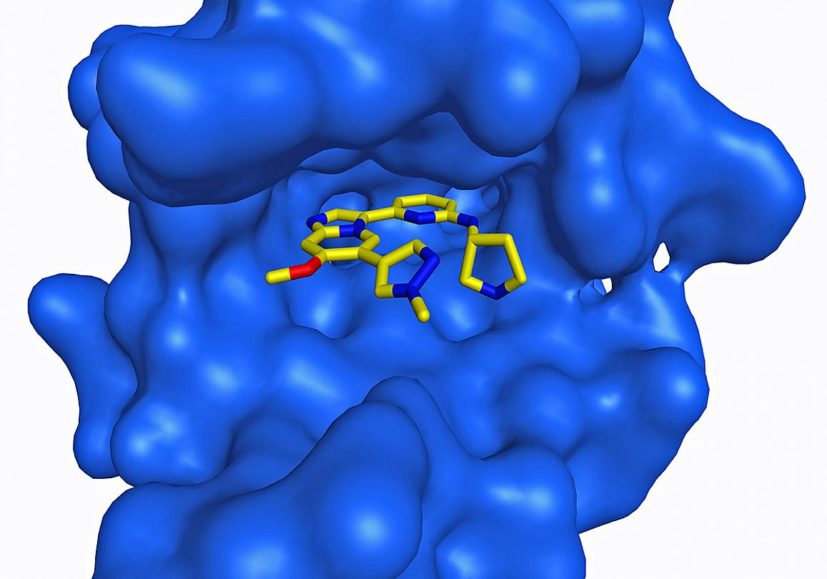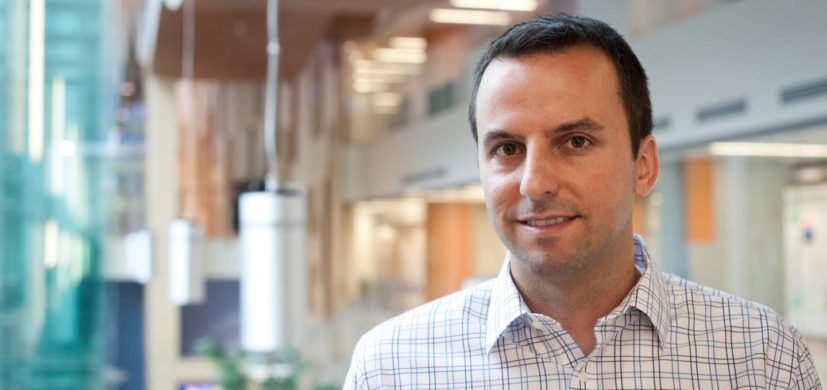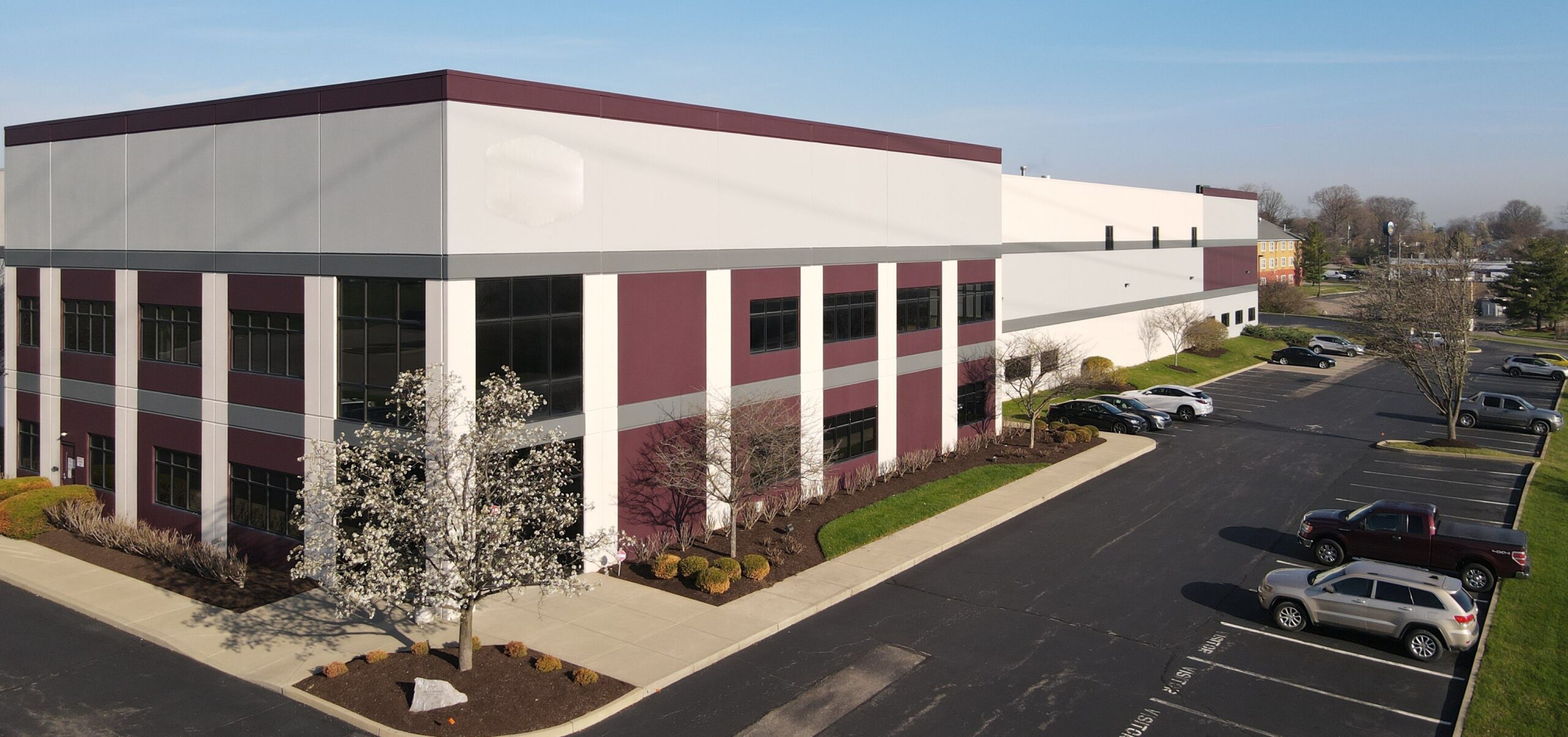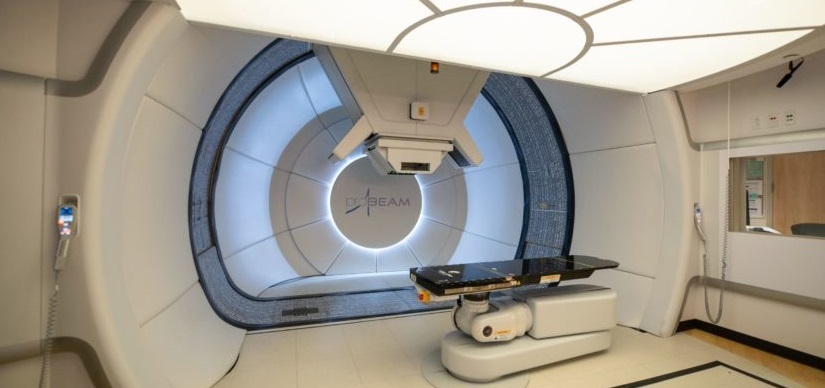Adaptive Resistance Discovery Leads to Innovation and Start-Up
Post Date: May 28, 2021 | Publish Date:

At Cincinnati Children’s, we answer the call of “incurable”, “poor prognosis”, or “at risk” by finding a solution or inventing a better way. If necessity is the mother of invention, then adapting to adversity is its father.
Cincinnati Children’s Innovation Ventures (CCIV) works to attract, identify, and triage internal innovation, with a focus on developing products that will reach patients. A goal for the team is to encourage every medical center employee to imagine new approaches to providing care, by inventing new technologies that save or improve lives.
A prime example of taking new approaches was the 2020 launch of Kurome Therapeutics, a preclinical stage company developing novel therapies to target cancer cells’ adaptive resistance mechanisms. Kurome’s initial focus is on improving the health and survival of poor prognosis acute myeloid leukemia (AML) patients, and may potentially expand its focus to work across a range of hematopoietic cancers, including pre-leukemic conditions such as myelodysplastic syndromes (MDS). Collectively, more than 30,000 new cases of MDS and AML are diagnosed in the United States each year. The median survival time for MDS is only 2.5 years after diagnosis, and the 5-year survival rate for AML is only 27 percent.
Kurome’s approach takes aim at a way that cancer cells evade the effects of chemotherapy, a process called adaptive resistance. Kurome is developing inhibitors to target the IRAK1/4 kinase complex to create a two-in-one attack against cancers that are drug resistant, also known as refractory cancers. Ongoing experiments have shown the combined compound’s ability to block the multiple mutant proteins that cause AML, while at the same time, subverting the cancer cells’ ability to resist the compound’s effects. A more thorough understanding of the drug resistance process will help Kurome find ways to improve therapy options for patients with refractory cancers, keeping them in remission longer.

Kurome was established based on research at Cincinnati Children’s by principal investigator Daniel Starczynowski, PhD in collaboration with the National Institutes of Health’s (NIH) National Center for Advancing Translational Sciences (NCATS). Starczynowski serves as chairman of the scientific advisory board for Kurome, while continuing his role as Katherine Stewart Waters Endowed Chair in Hematologic Malignancies in the Division of Experimental Hematology.
Also in 2020, the CCIV team welcomed Starczynowski and Rashmi Hegde, PhD as scientific advisers to CCIV. Hegde, a professor in the Division of Experimental Hematology and the founding director of the graduate program in biomedical research technologies at Cincinnati Children’s, is serving with Starczynowski to help to assess the scientific novelty, feasibility and potential of ideas, aiding CCIV in their mission to increase the return on innovation. They will also work to improve processes that can accelerate CCIV’s ability to identify potential projects for commercialization.
2020’s challenges gave us many opportunities to adapt, to resist and evolve past the status quo, and to discover paths to new cures. We look forward to embracing the next decade with more opportunities to innovate a better tomorrow.






